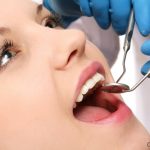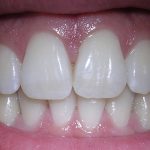Quick Guide: How Long to Wait Before Smoking After Wisdom Teeth Removal

Wisdom teeth removal is a common dental procedure that many individuals undergo at some point in their lives. While the procedure itself is straightforward, the recovery period can be quite challenging. One of the most common questions that patients have after wisdom teeth removal is how long they should wait before smoking. Smoking after wisdom teeth removal can cause a variety of complications, including dry socket and delayed healing. In this quick guide, we will explore the factors that determine how long you should wait before smoking after wisdom teeth removal and provide tips to help you quit smoking during this critical time. It is important to understand that smoking after wisdom teeth removal can significantly prolong the healing process and increase your risk of complications. Smoking can cause the blood vessels in your mouth to constrict, reducing blood flow to the surgical site and preventing the delivery of essential nutrients and oxygen to the tissues. Additionally, the act of inhaling smoke can dislodge blood clots and disrupt the formation of new tissue, increasing your risk of developing dry socket, a painful condition that occurs when the blood clot in the socket is dislodged or dissolved, exposing the underlying bone. As such, it is crucial to give your body ample time to heal before you resume smoking.
Waiting before smoking after wisdom teeth removal is crucial to the healing process. Smoking can delay the healing of the surgical site, increase the risk of infection, and cause dry socket, a painful condition that occurs when the blood clot that forms in the socket where the tooth was removed becomes dislodged. Nicotine in cigarettes constricts blood vessels and reduces blood flow, which hinders the delivery of oxygen and nutrients to the surgical site, impairs healing, and increases the risk of complications. Therefore, it is recommended to wait at least 72 hours before smoking after wisdom teeth removal to minimize the risks and promote a smooth and speedy recovery.
After wisdom teeth removal, it is essential to abstain from smoking for at least 24 hours to prevent potential risks and complications. Smoking can cause delayed healing, dry socket, and infection, which can lead to severe pain and discomfort. The chemicals in cigarettes can also constrict blood vessels, reducing blood flow to the affected area, further delaying the healing process. Additionally, smoking can increase the risk of developing oral cancer, especially in those who smoke regularly. Therefore, it is crucial to follow the dentist’s instructions and avoid smoking until the recommended time has passed to reduce the potential risks and complications.
Why You Should Wait Before Smoking
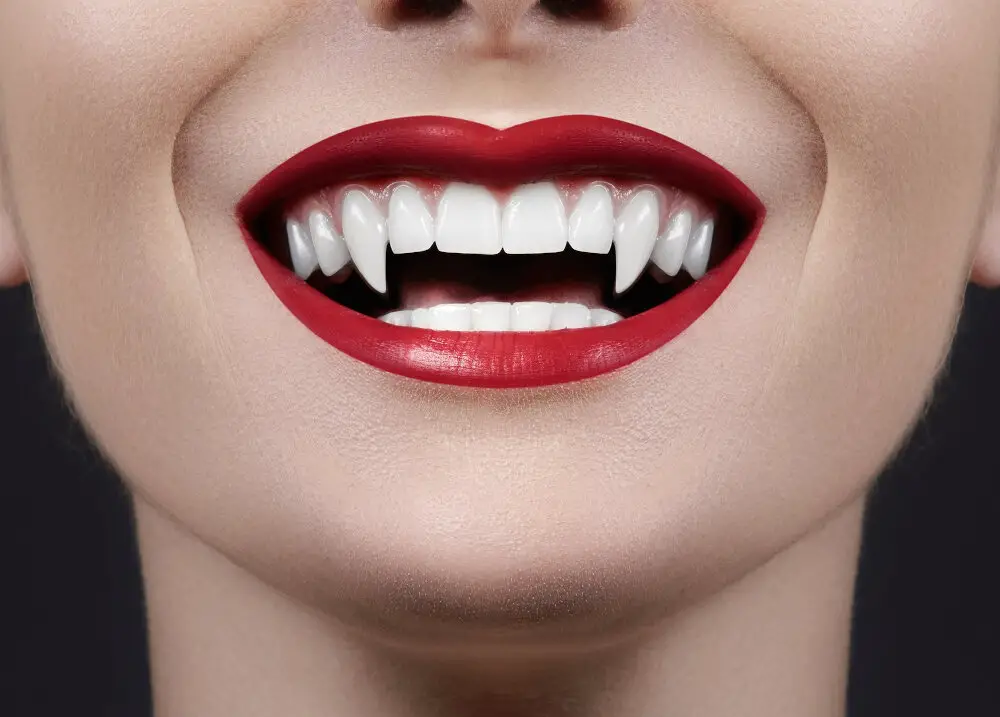
Wisdom teeth removal is a common dental procedure that many people undergo. It involves the surgical extraction of one or more wisdom teeth from the back of the mouth, and it can be a painful and uncomfortable experience. One of the most important things to keep in mind after wisdom teeth removal is that you should wait before smoking. Smoking can interfere with the healing process and increase the risk of complications, so it’s important to give your mouth time to heal before you light up. There are a number of reasons why you should wait before smoking after wisdom teeth removal. First and foremost, smoking can slow down the healing process and increase the risk of infection. The chemicals in cigarettes can irritate the delicate tissues in your mouth and prevent the blood vessels from supplying enough oxygen and nutrients to the area. This can slow down the growth of new tissue and delay the formation of a protective blood clot, which is essential for proper healing. Additionally, smoking can increase the risk of dry socket, a painful condition that occurs when the blood clot is dislodged from the socket and exposes the underlying bone and nerves. So, if you want to avoid complications and ensure a smooth recovery after wisdom teeth removal, it’s best to wait before smoking.
The healing process after wisdom teeth removal can vary from person to person, but typically takes about 7-10 days. Immediately after the procedure, patients can expect some swelling, discomfort, and bleeding. It is important to follow post-operative instructions provided by the dentist to ensure proper healing. This may include using ice packs, taking prescribed pain medication, and avoiding certain foods and activities. As the days progress, patients will notice a decrease in swelling and pain, and the incision sites will begin to close up. It is important to keep the mouth clean and avoid smoking or using a straw, as these actions can disrupt the healing process and increase the risk of infection. With proper care, patients can expect to fully recover and resume normal activities within a week or two.
Smoking can significantly interfere with the healing process after wisdom teeth removal. The chemicals in cigarettes, such as nicotine and carbon monoxide, can hinder the flow of oxygen and vital nutrients to the gums, which are essential for healing. Additionally, smoking can delay the formation of blood clots and cause dry sockets, a painful condition where the blood clot in the socket dislodges, exposing the bone and nerves. The heat and toxins from smoking can also irritate the surgical site, leading to increased pain, swelling, and infection. Therefore, it is crucial to avoid smoking for at least 72 hours after wisdom teeth removal to promote proper healing and reduce the risk of complications.
Dry socket is a painful and uncomfortable condition that can occur after the removal of wisdom teeth. It happens when the blood clot that forms in the socket where the tooth was removed becomes dislodged or dissolves before the wound has healed. This can expose the bone and nerves, leading to severe pain, bad breath, and an unpleasant taste in the mouth. Dry socket is more common in smokers as the sucking action can dislodge the blood clot. Therefore, it is essential to avoid smoking for at least 72 hours after wisdom teeth removal to reduce the risk of developing dry socket.
How Long to Wait Before Smoking
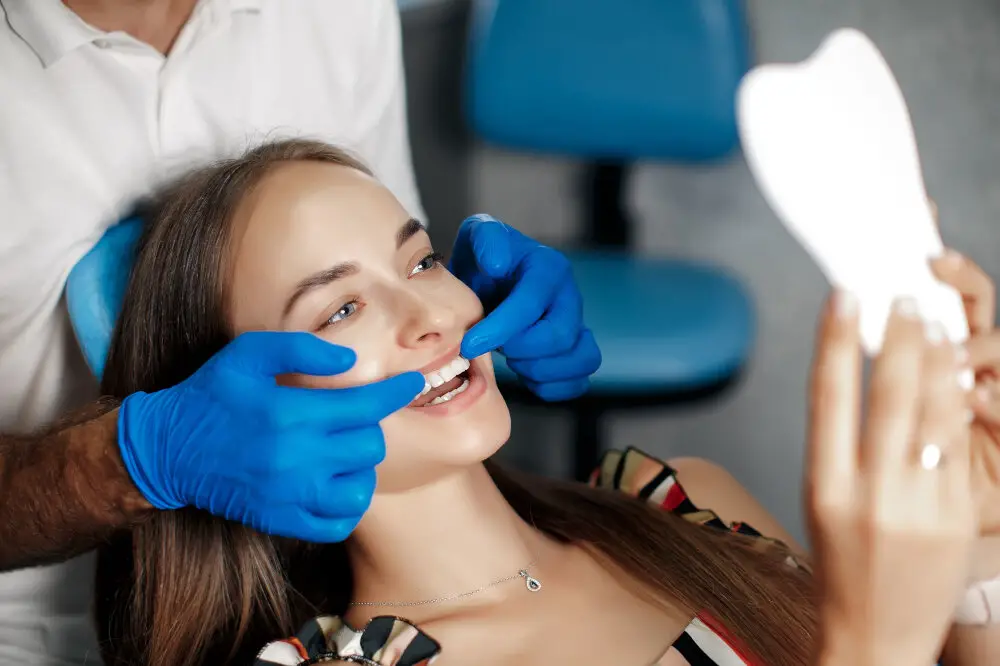
After wisdom teeth removal, it is crucial to follow the dentist’s instructions to ensure a smooth and speedy recovery. One of the most common questions that patients ask is how long they should wait before smoking after the procedure. The answer is that patients should refrain from smoking for at least 72 hours after wisdom teeth removal. Smoking can have several adverse effects on the healing process, including dry sockets and delayed healing. The reason for this waiting period is that smoking can inhibit the blood flow to the surgical site, which is necessary for healing. Additionally, the suction created when smoking can dislodge the blood clot that forms in the socket, leading to a dry socket. Dry socket is a painful condition that occurs when the blood clot is lost, exposing the bone and nerves in the socket. It can significantly delay the healing process and require additional treatment. Therefore, it is essential to resist the temptation to smoke after wisdom teeth removal and follow the dentist’s instructions to ensure a smooth recovery.
The general timeline for healing after wisdom teeth removal can vary from person to person, but typically it takes about 7-10 days for the initial healing process to occur. During this time, it is important to follow your dentist or oral surgeon’s instructions closely to ensure proper healing. Swelling and discomfort may occur for the first 2-3 days, but can be managed with pain medication and ice packs. After the first week, most people are able to resume their normal activities, but it can take up to a month for the gums to fully heal and the sockets to close. It is important to avoid smoking during the healing process, as it can delay healing and increase the risk of complications.
The timeline for when an individual can start smoking after wisdom teeth removal can vary depending on a number of factors. One of the most important factors is the individual’s own healing process. Some people may heal more quickly than others, which means that they may be able to start smoking sooner than someone else who is still experiencing pain and swelling. In addition, the type of extraction procedure that was performed can also impact the timeline. For example, if the teeth were impacted or if a surgical extraction was necessary, it may take longer for the individual to heal and be able to smoke. Other factors that can impact the timeline include the individual’s age, overall health, and any other medications or health conditions they may have. Ultimately, it is important for individuals to follow their dentist or oral surgeon’s instructions and to listen to their own body in order to determine when it is safe to resume smoking after wisdom teeth removal.
After undergoing wisdom teeth removal, it is crucial to give your body enough time to heal before smoking. The act of smoking can be detrimental to the healing process, as the suction required to inhale can dislodge the blood clot that forms in the socket after extraction. This can lead to a painful condition known as dry socket. Experts recommend waiting at least 72 hours before smoking, or even longer if possible. It is essential to follow the post-operative instructions provided by your dentist or oral surgeon to ensure a smooth and successful recovery. In addition to avoiding smoking, patients should also refrain from using straws, spitting, or engaging in any other activities that create suction in the mouth. By taking the necessary precautions and allowing ample time for healing, patients can avoid complications and return to their normal routines as soon as possible.
Alternatives to Smoking
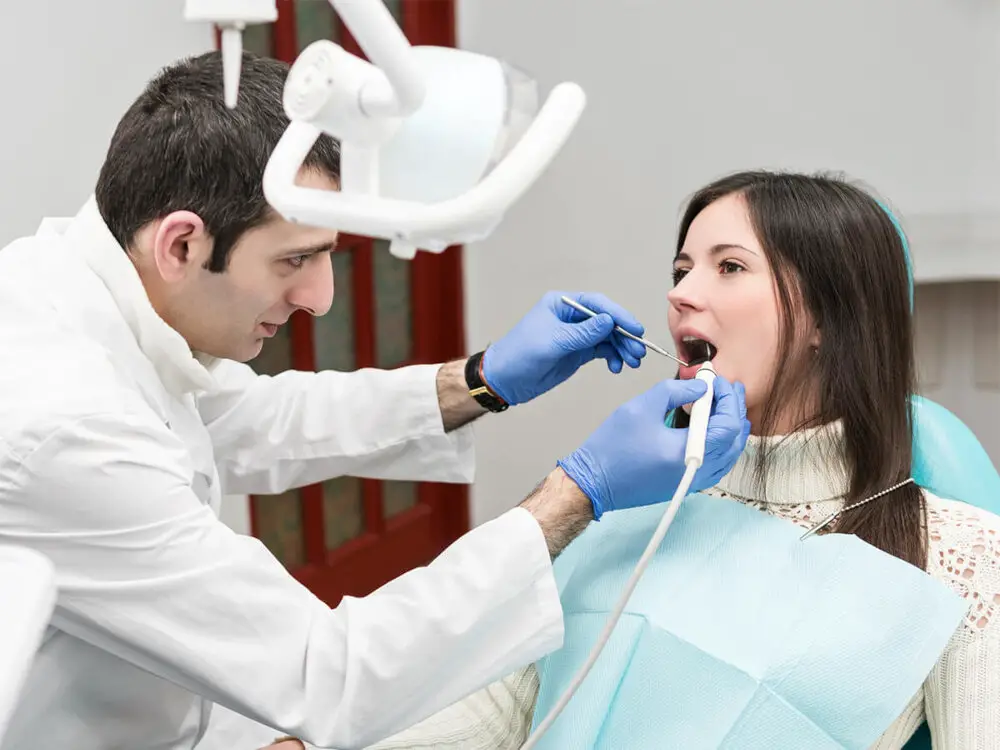
Smoking after a wisdom teeth removal surgery can be detrimental to the healing process. Therefore, it is important to look for alternatives to smoking. One of the most effective ways to replace the smoking habit is by chewing gum. Chewing gum helps to keep the mouth busy and reduces the urge to smoke. It also helps to produce more saliva, which can help to neutralize the acidic environment in the mouth, promoting faster healing. However, it is important to choose sugar-free gum to avoid any complications. Another alternative to smoking is to try vaping. Vaping involves heating a liquid that contains nicotine, which is then inhaled as a vapor. It is a safer option than smoking because it does not produce the harmful chemicals found in cigarette smoke. However, it is important to note that vaping can also delay the healing process, so it is recommended to avoid it for at least 72 hours after wisdom teeth removal surgery. It is also important to choose a reputable brand and avoid using high concentrations of nicotine to prevent any adverse effects.
Managing pain and stress after wisdom teeth removal can be challenging, especially if you are a smoker. However, there are alternative methods that can help alleviate discomfort without the use of cigarettes. One such method is to use ice packs on the affected area for the first 48 hours. This will help reduce swelling and numb the area, providing temporary relief. Another option is to take over-the-counter pain medications such as ibuprofen or acetaminophen, as prescribed by your dentist or oral surgeon. Additionally, practicing relaxation techniques such as deep breathing, meditation, or yoga can help reduce stress and promote healing. It is important to follow the advice of your dental professional and avoid smoking for at least the first 72 hours after surgery to prevent complications and ensure proper healing.
There are several potential benefits to avoiding smoking for the recommended time after wisdom teeth removal. Firstly, smoking can decrease blood flow to the surgical site, which can hinder healing and increase the risk of infection. Secondly, the sucking motion involved in smoking can dislodge the blood clot that forms in the empty socket, leading to a painful condition called dry socket. Thirdly, smoking can delay the body’s natural healing process and increase the likelihood of complications. By following the recommended waiting period before smoking, patients can reduce the risk of these negative outcomes and ensure a smoother and faster recovery.
Tips for Quitting Smoking After Wisdom Teeth Removal

Quitting smoking can be a challenge, especially after wisdom teeth removal. However, it is crucial to avoid smoking during the healing process as it can lead to complications and delay the recovery time. Nicotine and other harmful chemicals in cigarettes can damage the blood vessels in the mouth, leading to dry sockets, infection, and delayed wound healing. To quit smoking after wisdom teeth removal, there are several tips you can follow. Firstly, consider using nicotine replacement therapy, such as nicotine gum or patches, to help reduce cravings and withdrawal symptoms. These products can help ease the transition to a smoke-free lifestyle. Secondly, try to stay busy and distracted to avoid thinking about smoking. Engage in activities that you enjoy, such as reading, watching a movie, or spending time with friends and family. You can also consider joining a support group or seeking professional counseling to help you quit smoking. Additionally, avoid situations that trigger your smoking habit, such as social events or stressful situations. Lastly, remind yourself of the benefits of quitting smoking, such as improved oral health, better breath, and reduced risk of cancer and other health problems. By following these tips, you can successfully quit smoking after wisdom teeth removal and promote faster healing.
Quitting smoking can be a challenging process, but it’s particularly important after wisdom teeth removal to ensure the best possible healing outcomes. To make the process easier, it’s helpful to have a plan in place before the surgery. This might include seeking support from friends or family members, using nicotine replacement therapy, or engaging in stress-reducing activities like exercise or meditation. It’s also important to avoid triggers that may lead to smoking, such as alcohol or caffeine. By taking proactive steps to quit smoking, patients can ensure a better overall recovery experience and improve their long-term health outcomes.
If you are looking for resources to quit smoking, there are many options available. The American Lung Association offers a free online smoking cessation program called \Freedom From Smoking\ that provides support and resources to help individuals quit smoking. Additionally, the National Cancer Institute provides a comprehensive guide to quitting smoking that includes tips, tools, and resources to help individuals quit successfully. Other resources include nicotine replacement therapy, counseling services, and support groups. It’s important to find the right resources that work for you and to seek the help you need to quit smoking for good.
Waiting before smoking after wisdom teeth removal is crucial for proper healing. Smoking can cause dry sockets, a painful condition where the blood clot that forms after tooth extraction is dislodged, exposing the bone and nerves. This can lead to infection and delay the healing process. It is recommended to wait at least 72 hours before smoking to allow proper blood clot formation and reduce the risk of dry sockets. Additionally, smoking can also decrease blood flow to the area, reduce oxygen supply, and impair the immune system, further delaying healing. Therefore, it is essential to follow the dentist’s instructions and wait until it is safe to smoke again to ensure a smooth and speedy recovery.
It is crucial to understand the potential risks and complications of smoking too soon after wisdom teeth removal. Smoking can delay the healing process and increase the risk of infection, dry socket, and bleeding. The chemicals in tobacco smoke can also irritate the surgical area, leading to discomfort and pain. Nicotine has vasoconstrictive properties, which can reduce blood flow to the surgical site and impede the delivery of essential nutrients and oxygen that promote healing. Additionally, smoking can compromise the immune system, making it harder for the body to fight off infections. Therefore, it is highly recommended to wait at least 72 hours after wisdom teeth removal before smoking to minimize these risks.
It is crucial to follow your dentist’s instructions and take the necessary precautions after wisdom teeth removal to ensure a successful recovery. Smoking can significantly delay the healing process and increase the risk of complications, such as dry socket. It is recommended to wait at least 72 hours before smoking and avoid using any tobacco products for at least a week after the procedure. Your dentist may also recommend using an ice pack, taking pain relievers, and eating soft foods to aid in the healing process. By following your dentist’s instructions and taking necessary precautions, you can ensure a quick and smooth recovery after wisdom teeth removal.
Conclusion

In conclusion, it is crucial to follow your dentist’s advice on how long to wait before smoking after wisdom teeth removal. Smoking too soon after the surgery can delay healing, increase the risk of infection, and cause a painful dry socket. It is best to wait at least 48-72 hours after the procedure before smoking, and even then, it is recommended to avoid smoking altogether during the healing process. Remember, the success of your wisdom teeth removal and overall oral health are dependent on your commitment to proper post-operative care. So, be patient, take care of yourself, and resist the urge to light up until your dentist gives you the green light.
